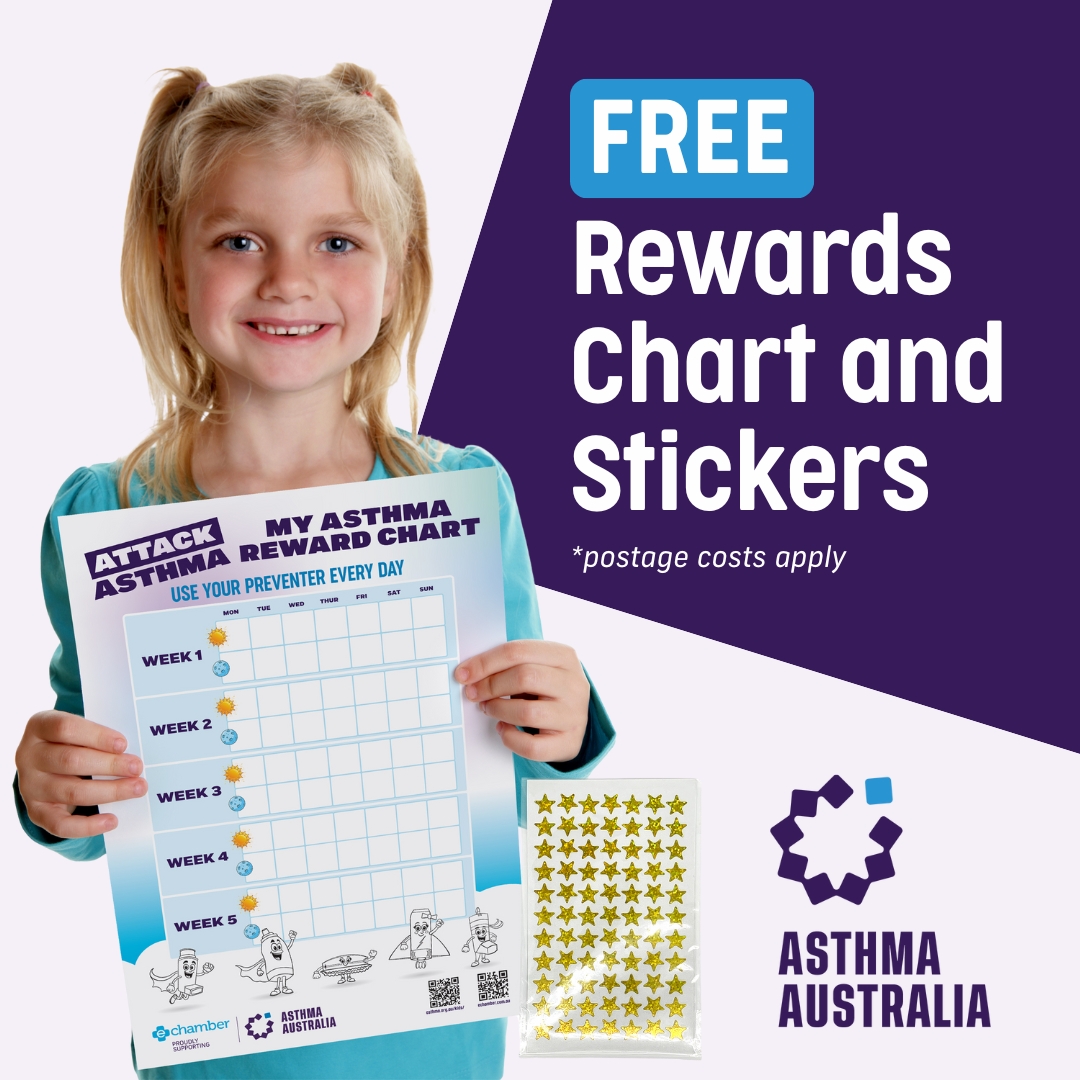Asthma Australia is inviting people with asthma to complete a survey for World Asthma Day (May 3), to help improve care for people with breathing difficulties and enhance their quality of life.
The survey is focussed on the use of oral corticosteroids (like prednisone, prednisolone and dexamethasone), which are important medicines for those with serious asthma flareups but unfortunately can cause severe side effects from long-term or frequent use.
So, if you or your child has asthma, and have ever taken tablet corticosteroids, please share your personal experiences by completing the survey.
Asthma is an inflammatory condition of the airways which restricts airflow and can be fatal. There is no cure, but most people with asthma can achieve good control.
Asthma directly affects about 11% of the population, or about 2.7million people in Australia. It indirectly impacts the lives of many millions more – their family members and carers. It causes around 39,000 hospitalisations and 400 deaths annually. Out of these hospitalisations, 80% are potentially avoidable.
The Australian Bureau of Statistics National Health Survey (2017-18) notes that asthma is much more common than diabetes, heart, stroke and vascular disease, osteoporosis, cancer and kidney disease.
World Asthma Day aims to draw attention to asthma and its many related challenges as well as the need for more public awareness and research into the common and often-misunderstood health condition.
For more information people can visit www.asthma.org.au or in Western Australia www.asthmawa.org.au
| Contact Asthma Australia | Contact AsthmaWA |
| Teresa Vella 0403 895 144 | Freya Barr 0408 927 727 |
Asthma Australia’s purpose is to help people breathe better so they can live freely. The organisation delivers evidence-based prevention and health strategies to more than 500,000 people each year.
The support Asthma Australia provides helps not only those living with the condition, but literally changes the lives of those who care for them and stand ready to provide lifesaving support to their loved ones, often when least expected.





 1800 278 462
1800 278 462



